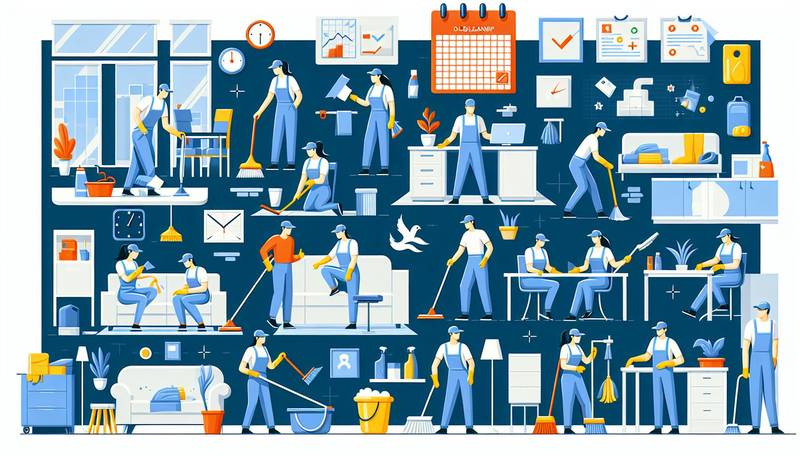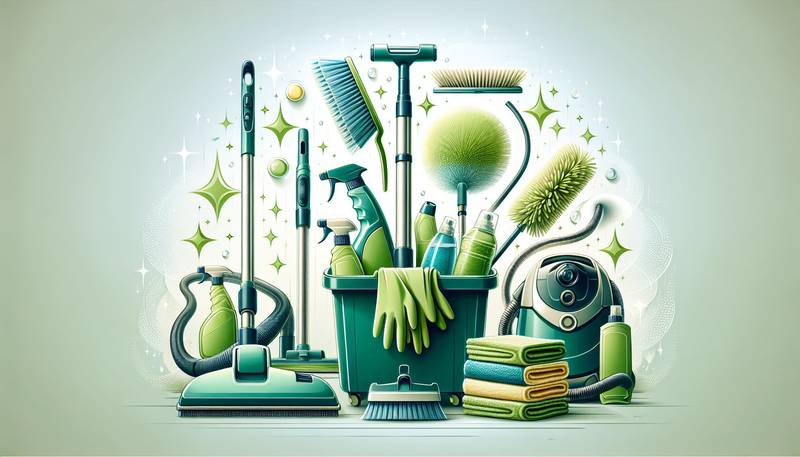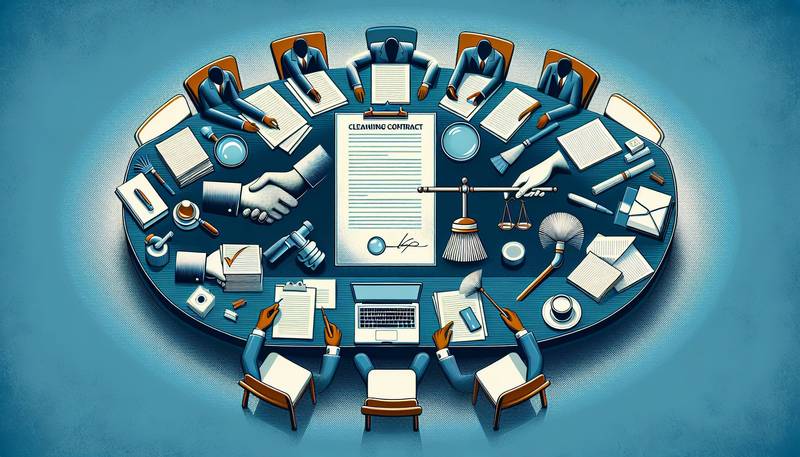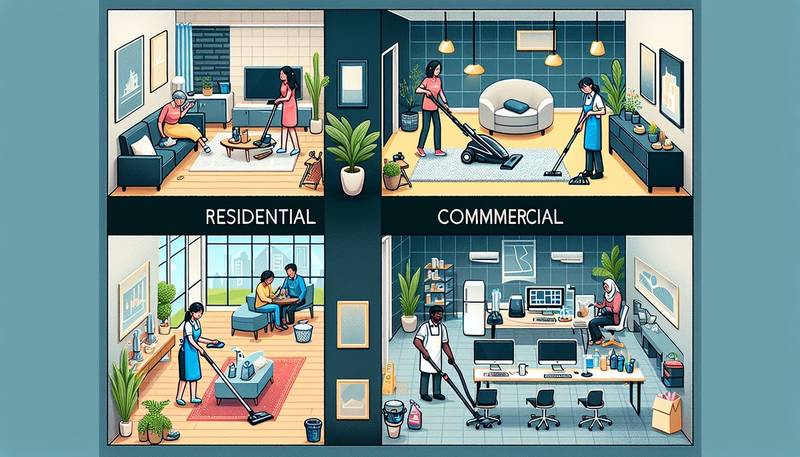Smart Scheduling Techniques for Cleaning Professionals
Fortunately, there are several smart scheduling techniques that cleaning professionals can utilize to streamline their operations and ensure that no job is overlooked or neglected.
Prioritize Tasks
One of the key elements of smart scheduling for cleaning professionals is to prioritize tasks based on urgency and importance. This means identifying which jobs need to be completed first, whether it's a last-minute request from a client or a recurring appointment that cannot be rescheduled. By prioritizing tasks, cleaning professionals can ensure that critical jobs are completed on time while also allocating appropriate resources to less urgent tasks.
Create a Cleaning Schedule
Another effective technique for scheduling cleaning tasks is to create a cleaning schedule that outlines all the jobs that need to be completed on a daily, weekly, or monthly basis. This schedule should include details such as the type of cleaning required, the estimated time for completion, and any special instructions from the client. By having a clear and organized schedule, cleaning professionals can easily track their progress, identify potential bottlenecks, and allocate resources effectively.
Use Scheduling Software
Cleaning professionals can also benefit from using scheduling software to automate and streamline their scheduling processes. Scheduling software allows cleaners to input job details, set recurring appointments, and track their progress in real-time. With features such as calendar integration, automated reminders, and mobile access, scheduling software can help cleaning professionals stay organized and on top of their tasks, even when they are on the go.
Implement Time Blocking
Time blocking is another smart scheduling technique that cleaning professionals can use to manage their time more effectively. This technique involves setting aside specific blocks of time for different tasks or activities, such as vacuuming, dusting, or organizing supplies. By allocating time blocks for each task, cleaning professionals can create a more structured and focused schedule that minimizes distractions and maximizes productivity.
Delegate Tasks
To optimize their productivity and efficiency, cleaning professionals should also consider delegating tasks to other team members or subcontractors. By sharing the workload and responsibilities with others, cleaners can free up their time to focus on more critical tasks or take on additional jobs. Delegating tasks not only helps to streamline operations but also promotes teamwork, collaboration, and a more balanced workload for everyone involved.
Conclusion
Smart scheduling techniques are essential for cleaning professionals to effectively manage their time, resources, and workload. By prioritizing tasks, creating a cleaning schedule, using scheduling software, implementing time blocking, and delegating tasks, cleaners can optimize their productivity, maintain high-quality standards, and deliver exceptional service to their clients. By incorporating these smart scheduling techniques into their daily operations, cleaning professionals can improve their efficiency, profitability, and overall success in the industry.











